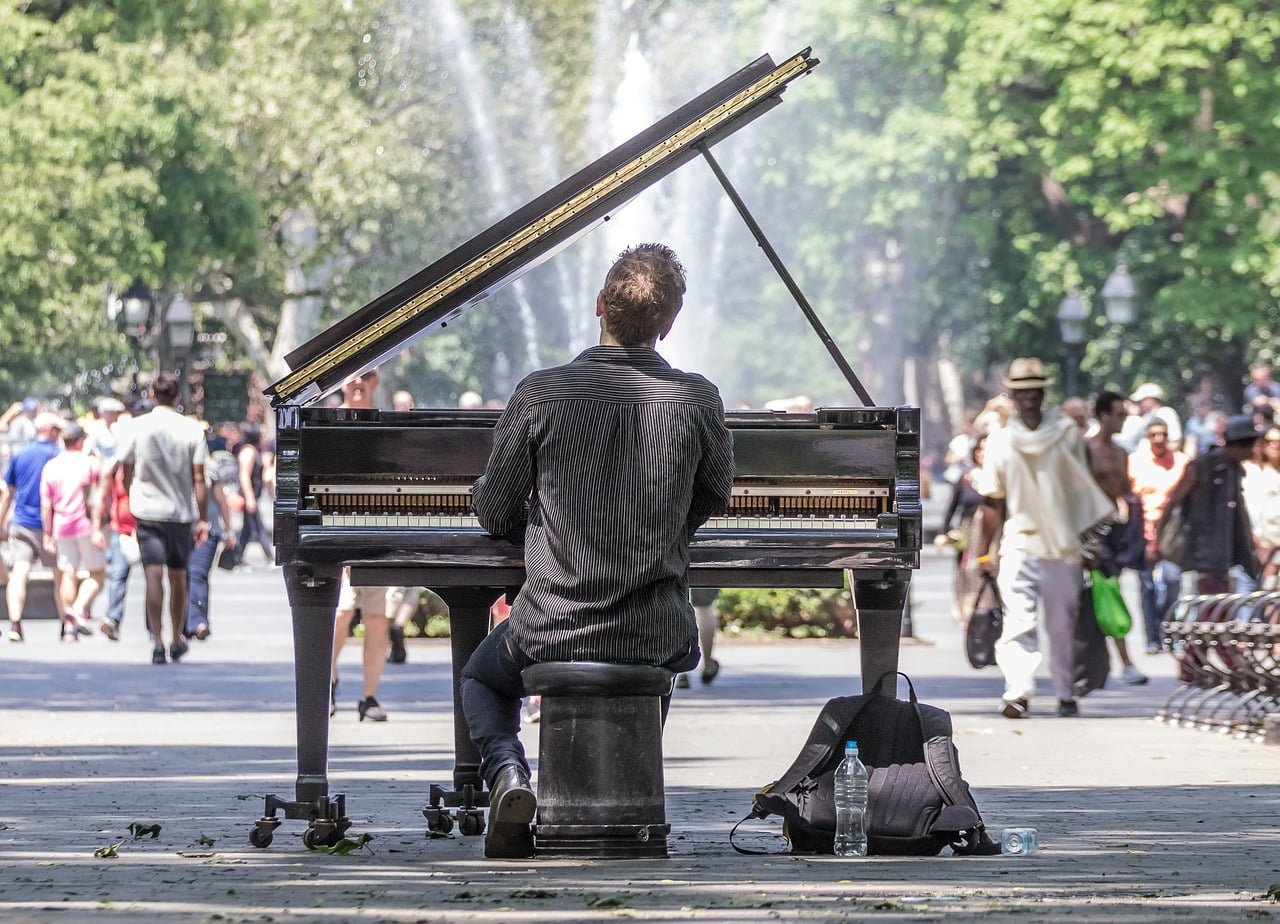Music is integral to our lives. It gives voice to the feelings and thoughts that cannot be spoken. It can motivate or calm. It has been used on battlefields as well as battles for the hear. It can heal and comfort as well as engender anger and hatred. It has been blamed for mass shootings as well as credited for bringing huge crowds together. It can reinforce cultural mores or break the rules. It fosters connections with the sacred and the profane. It is all around us.
Music speaks volumes where words fail us and can be a conduit for communication between individuals, groups, entire countries, and through time. Musicians, songs and styles of music transcend national boundaries and speak across the generations. Precisely because the meanings and implications of music are not limited to specific professions this project invites inclusive interdisciplinary approaches to making sense of the way music impacts our lives.
Activities
Conferences
4th Inclusive Global Conference
Monday 15th July 2019 – Tuesday 16th July 2019
Verona, Italyc
Call for submissions, papers, presentations, performances and participation now active.

